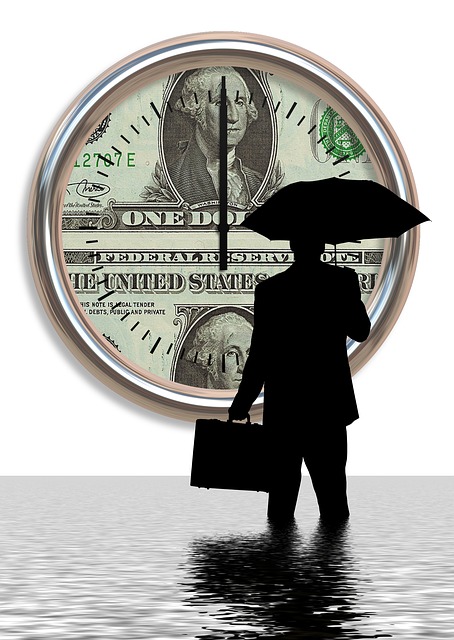Being an entrepreneur myself, I know the frustration that is sometimes brought about by having a diversified income stream. My investment portfolio, credit cards, home, car, and any number of other tangible or intangible assets or liabilities make for a hectic job when it comes tax time. In the past, the solution was always “hire a good accountant” and while that’s still solid advice, it’s not the only way to do things. I manage my finances personally, and while I could save some time and money with an accountant, I like to know where everything is, and where it’s going.
Here’s what I do in order to make my accountant-free life as fast and efficient as possible.
Automate your bills each month.
I use an application that allows me to track expenses and utilize online bill pay services in order to minimize the time I spend at the desk each month writing out checks. The biggest benefit to this is in the ability to set up recurring payments for fixed expenses each month, such as employee salary, rent for the office, my mortgage, car payment and the like. Variable expenses are just as easy, and they take me just minutes to set up an online payment each month. Not having to worry about whether you remembered to pay the power company, or if the rent for last month was paid on time, is a huge time saver as well as a smart way to operate your business.
Having an app to do all this from my phone or tablet doesn’t hurt either.
Keep things separated.
When I first started out, I was in quite a bind because I regularly used my business account for personal items and my personal account for business expenses. This lead to quite a burden around tax time when I had to re-trace my steps line by line and attempt to separate the two.
Track personal expenses too.
We all know the importance of keeping solid business financial data, but tracking your personal finances is often overlooked. Tracking your personal finances keeps you in the “tracking” mindset and doesn’t allow you to slack off on your business accounting. I find that when I start slipping on my personal finance tracking, the business accounting is sure to follow. By staying on top of both, it becomes a habit, and from a business or a personal standpoint, I’m keenly aware of where every cent is going.
Schedule quarterly audits.
Depending on the way your business is set up, you should be making estimated quarterly tax payments. This is a perfect time to ensure that everything is in order for your end of year taxes. Quarterly payments are based off of estimated income, so it makes the most sense to audit these finances quarterly and edit (up or down) the amount of the payment based on what you find. This also makes it a breeze to file your taxes at the end of the year, as it isn’t a cram session during the first and second week of April to be sure everything is ready to go.
Ditch the shoebox method.
Saving paper receipts is a pain. Not only are they hard to locate when you need them, but they’re not a truly reliable way to store data. Instead, I opted to scan and store all receipts on the cloud. This allowed me to utilize tags and meta data as well as the date to sort and search for these without a great deal of effort. While there are a number of receipt scanners on the market, you can easily use the scanner you already have (along with some additional software) to tag, categorize and store your receipts online.
These methods work for me, but the best course of action for you might still be to hire an accountant. Having systems in place to handle each inefficiency greatly boosts my productivity while giving the control freak in me a way to manage everything without spending a ton of time on things that aren’t making me a ton of money.
Do you have an accountant? If not, what do you do (that’s not mentioned here) to keep your finances in order?




I do not have an accountant. I do not have a lot of bills. I remember every one of my bills and keep all receipts the old fashioned way. But I do keep track of my personal expenses. It helps me to not overspend.
I really need to learn to keep my receipts. I don’t have a ton of bills either at this point. Just the basics: rent, cable, phone, car insurance plus a few blog-related bills. The blog ones are the ones I need to learn to keep better track of, so I can write them off!
Me Too, I feel more organised doing it the old fashioned way! Good read.
Yes,my husband and I have an accountant that we rely on greatly. He has been so helpful to us over the years.
I used to hire an accountant to do my taxes but then I discovered how easy it was to just use HR & Block online software. I keep a personal log that tracks all my expenses and pay.
I use them for my taxes too. So easy!
Great article on a topic that many people are afraid of: communication with your partner, especially on a somewhat sensitive topic. The first time might be awkward as all hell, but it passes. Couples need to have strong financial strategies and plans that benefit both parties in order for peace to reign supreme.
amazing article thank you …